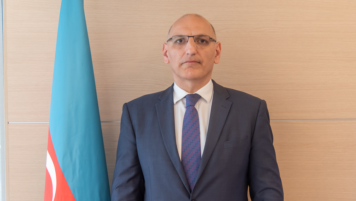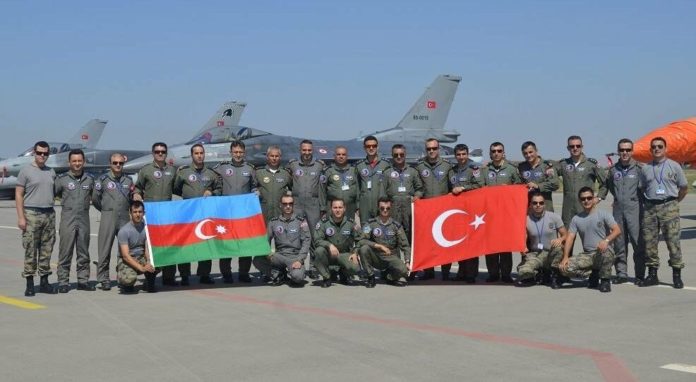By Abdullah Bozkurt
The Turkish president signed a bill on a defense industry cooperation agreement with Azerbaijan that will pave the way for the testing of jointly produced weapons and defense systems in the territories of both countries.
The agreement, put into effect with the approval of President Recep Tayyip Erdoğan on April 6, 2021, would deepen already intensive military and defense cooperation between the countries. The move came against the backdrop of Turkey’s significant military help to its Caucasian ally against Armenia in a recent conflict with a supply of weapons, especially armed drones, and military advisors.
The agreement, a copy of which was obtained by Nordic Monitor, aims to solidify the Turkish military and defense industry’s reach to the Caucasus and boost its arms market. It also places already ongoing military and defense cooperation schemes within the official framework.
“Implementation of the results of development and production projects in the field of military equipment in the territory of the states of the Parties” was one of the objectives according to Article 4 of the agreement, laying the groundwork for the modern military hardware developed by Turkey’s growing defense and military industries to be tested on Azerbaijani soil.
Both countries are committed to providing “appropriate conditions for joint research, development, production and modernization of spare parts, tools, defense materials, military systems, technical displays and technical equipment required by the Armed Forces of the Parties,” the same article stated.









